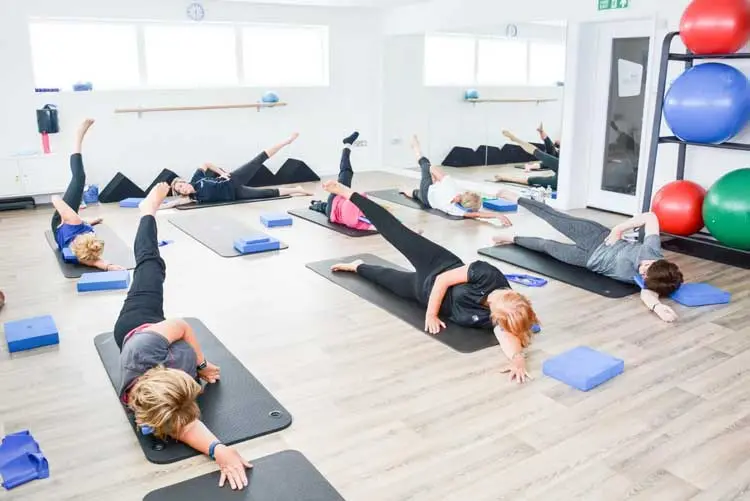Also known as being ‘double-jointed’, hypermobility affects approximately 3 in 10 people. Women are more likely to be affected than men and it is also relatively common in children. Hypermobile joints have a much larger range of movement available than ‘normal’ joints. In some cases, this is an advantage – particularly for gymnasts, dancers and swimmers who need to be super-flexible.
The Beighton Score is a test that can be carried out by a Physiotherapist to determine whether or not someone has hypermobile joints. A score of 4+ out of 9 indicates that an individual may have hyper mobility when combined with other signs & symptoms.
- One point if while standing forward bending you can place palms on the ground with legs straight
- One point for each elbow that bends backwards
- One point for each knee that bends backwards
- One point for each thumb that touches the forearm when bent backwards
- One point for each little finger that bends backwards beyond 90 degrees
The majority of people with hypermobile joints experience no issues and are able to continue with life as normal. However, for some people, this additional movement can lead to:
- Joint pain
- Dislocated joints
- Soft tissue injuries – affecting muscles, tendons and ligaments
If this is the case, they may have Joint Hypermobility Syndrome (JHS), a connective tissue disorder that often runs in families. People with JHS may also have issues with their autonomic nervous system, leading to fainting, heart palpitations and increased risks of anxiety.
From a management and treatment perspective, ensuring the joints are well supported with either external supports or keeping the surrounding muscle groups strong, can help to reduce the risk of over-stretching the joint and surrounding soft tissue.
If you suffer from hypermobile joints, seeing a Physiotherapist may be beneficial, as they will able to guide you on how to safely exercise and train. They will also be able to prescribe a set of home exercises to strengthen and support the joints more effectively, without damaging them and advise you how to care for your joints.
Pilates can be a fantastic form of exercise for people with hypermobility, with our classes you have the added support that they are led by experienced Clinicians, who can really understand the issues you are facing.SaveSave
SaveSave



